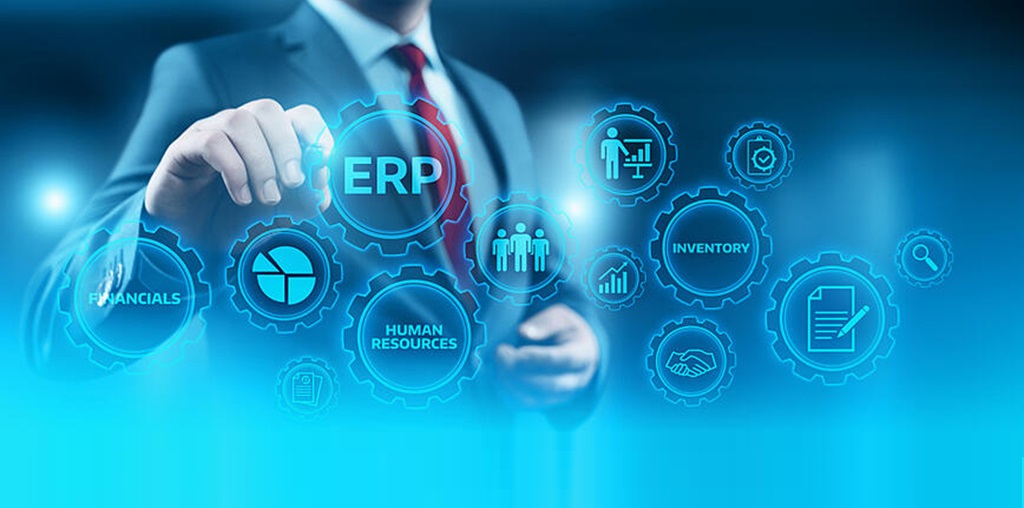
CRM (Customer Relationship Management), CMS (Content Management System), ERP (Enterprise Resource Planning), and SAP (Systems, Applications, and Products) are all crucial components in modern business operations, each serving distinct purposes:
-
CRM (Customer Relationship Management):
- Purpose: Manage a company’s interactions with current and potential customers.
- Features:
- Contact management
- Sales management
- Customer support
- Marketing automation
- Analytics and reporting
- Examples: Salesforce, HubSpot, Zoho CRM, Microsoft Dynamics CRM
-
CMS (Content Management System):
- Purpose: Create, manage, and modify digital content.
- Features:
- Content creation and editing
- Workflow management
- Publishing tools
- Media management
- SEO tools
- Examples: WordPress, Drupal, Joomla, Adobe Experience Manager
-
ERP (Enterprise Resource Planning):
- Purpose: Integrate and manage core business processes in real-time.
- Features:
- Financial management
- Supply chain management
- Human resources
- Inventory management
- Procurement
- Project management
- Examples: SAP ERP, Oracle ERP Cloud, Microsoft Dynamics 365, Infor ERP
-
SAP (Systems, Applications, and Products):
- Purpose: Provide enterprise software to manage business operations and customer relations.
- Features:
- Comprehensive ERP functionality
- Industry-specific solutions
- Business intelligence
- Database management
- Cloud services
- SAP Modules: SAP FICO (Financial Accounting and Controlling), SAP MM (Materials Management), SAP SD (Sales and Distribution), SAP HCM (Human Capital Management)
Key Differences and Integration
-
CRM vs. ERP:
- CRM focuses on customer interaction, sales, and service.
- ERP covers a broader scope, including finance, HR, manufacturing, and supply chain.
-
CMS:
- Primarily deals with website and content management, unrelated to the direct business processes covered by CRM and ERP.
-
SAP:
- Acts as a comprehensive ERP solution with integrated modules for various business functions, offering both CRM and CMS capabilities in its ecosystem.
Integration
- Integrated Solutions:
- Many ERP systems, including SAP, offer integrated CRM and CMS functionalities.
- Integration ensures seamless data flow and unified business processes.
- Examples include Salesforce integration with ERP systems or WordPress plugins for CRM functionalities.
Choosing the right mix of CRM, CMS, ERP, and SAP solutions depends on the specific needs, size, and industry of the business. Proper integration of these systems can significantly enhance operational efficiency and customer satisfaction.